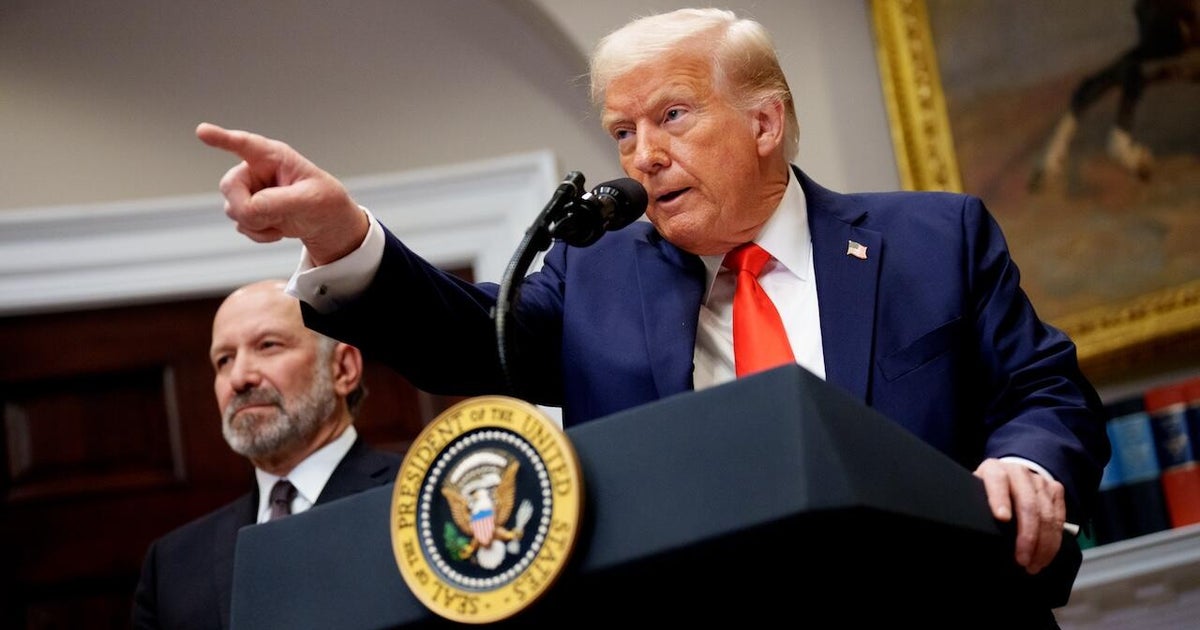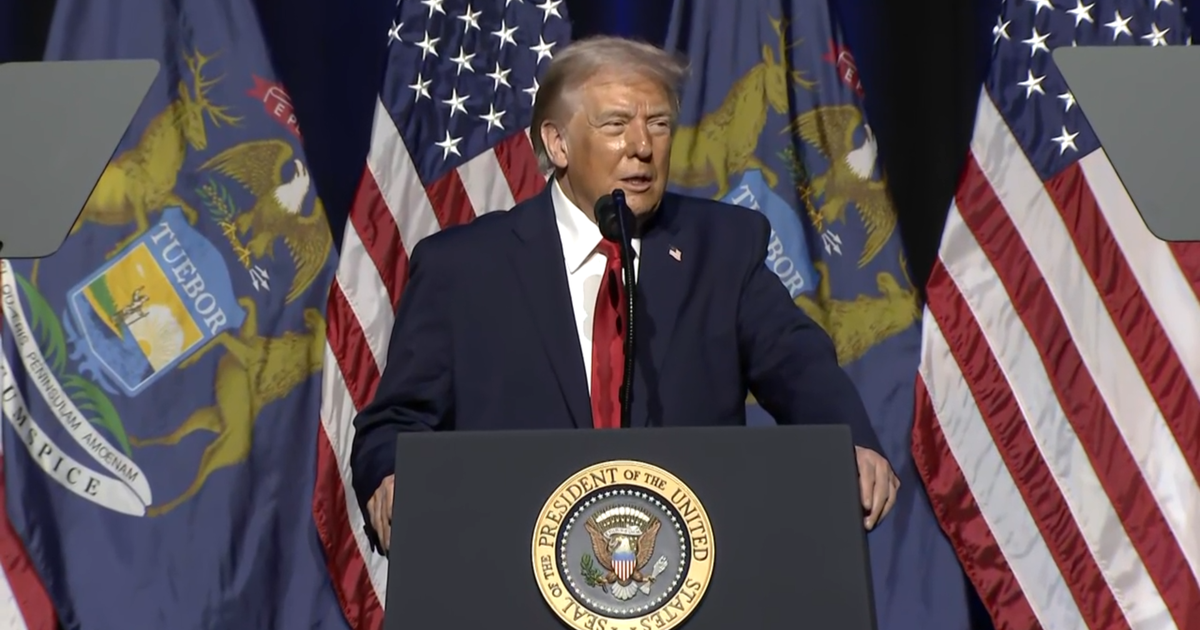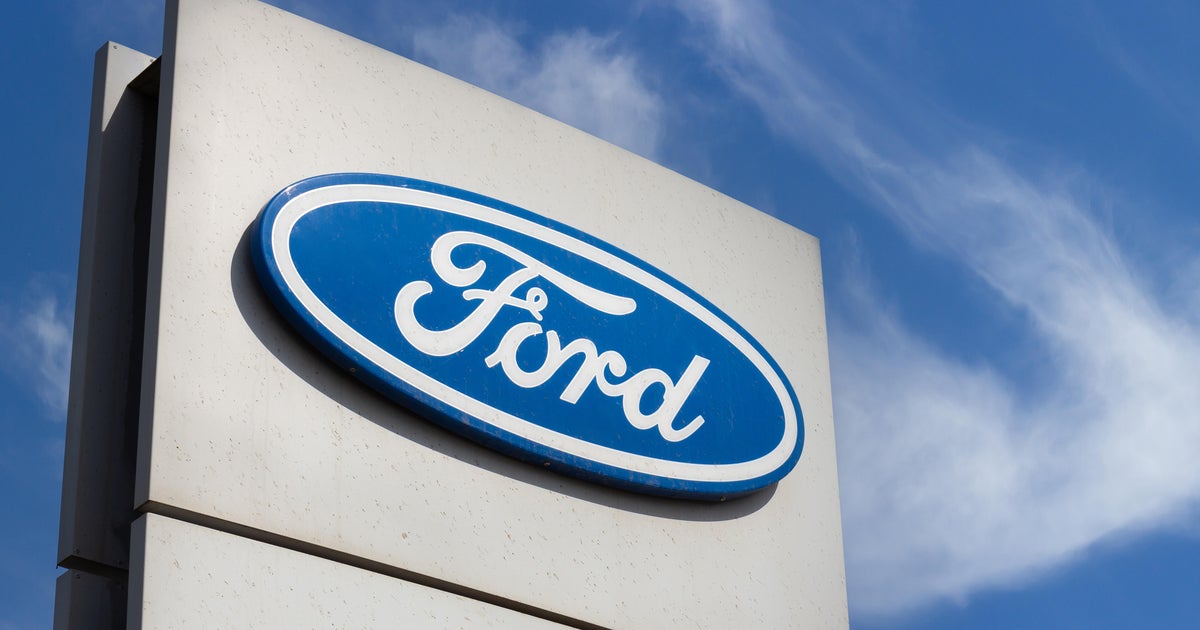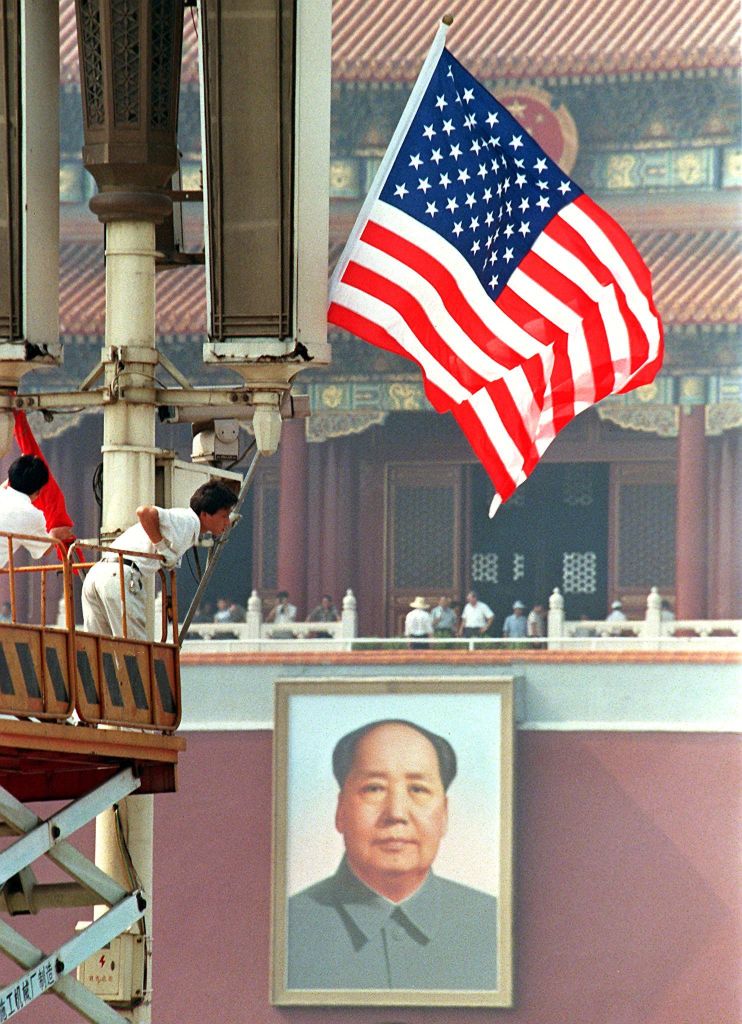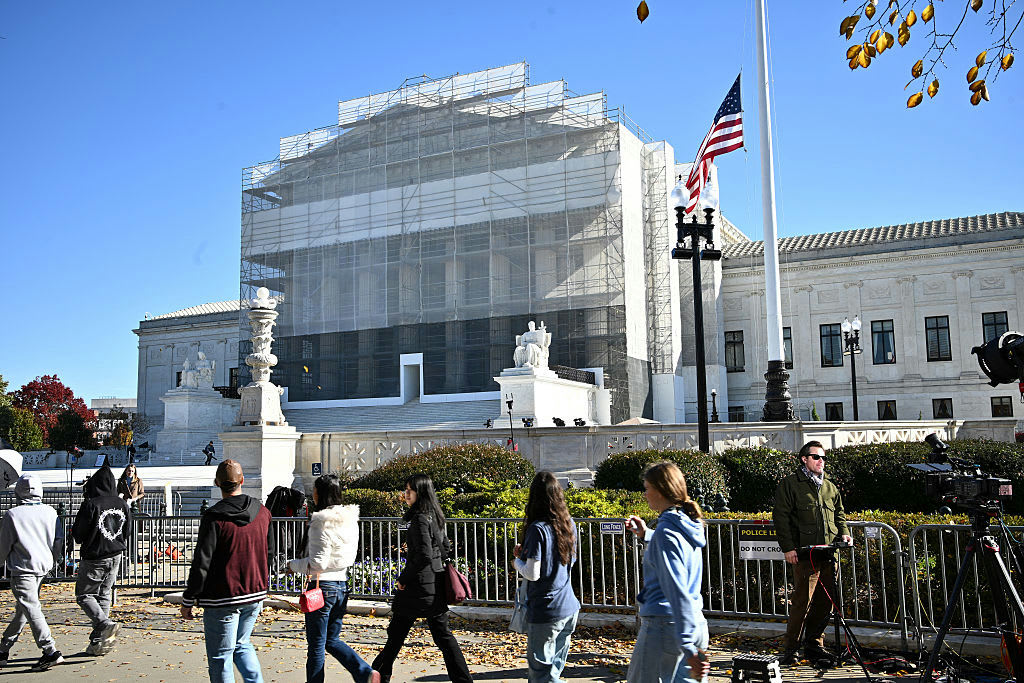China tries to defuse trade tensions, says it benefits the world
China's government defended its trade record as providing benefits to the world in a new effort Thursday to defuse U.S. and European pressure over market access and technology policy.
A Cabinet report repeated promises to cut tariffs and open more industries to investment. But it didn't address complaints about plans to create Chinese global technology competitors that are at the heart of a spiraling trade dispute with U.S. President Donald Trump.
China's growth "has brought great opportunities to trading partners all over the world," Deputy Commerce Minister Wang Shouwen said at a news conference.
There are signs of softening within the Trump administration. President Donald Trump de-escalated a confrontation with China on Wednesday by dropping plans to impose strict limits on Chinese investment in U.S. technology companies and instead urging Congress to strengthen existing laws that apply to all foreign countries.
The administration's more conciliatory stance raised at least the possibility that the two sides could work toward a negotiated end to the punishing tariffs they're set to impose on each other's goods beginning July 6. And it fueled a temporary rally in financial markets, which had been reeling on fears of an escalating trade war.
Stocks sank late in the day, though, after Larry Kudlow, Trump's top economic adviser, said on Fox Business Network's "Varney & Co." that the administration's policy shift should not necessarily be seen as a softening in its stance toward China.
China's report highlights the clash between Beijing's insistence it has honored market-opening promises made when it joined the World Trade Organization in 2001 and arguments by Washington, Europe and others that Beijing improperly hampers access to emerging industries and steals or pressures foreign companies to hand over technology.
"There are many in Washington who view China as a threat to the U.S.'s global leadership position," wrote Kathy Bostjancic, head of US Macro Investor Services at Oxford Economics, in a report earlier this week. "This concern has been further stoked by the 'Made in China 2025' plan that advocates China should greatly upgrade and gain significant self-sufficiency in high technology manufacturing industries."
Trump's threat of tariff hikes on up to $450 billion of Chinese products reflects fears Beijing's plans are a threat to American technological leadership and prosperity. China has tried to recruit Europe as an ally in the dispute but faces complaints by Germany and other governments that it bars purchases of Chinese assets while its own companies are on a global acquisition spree.
Asked about possible U.S. plans to restrict Chinese investment in technology industries, Wang said, "We hope countries concerned can do the right thing and adopt policies that support free trade and investment."
Thursday's report was the latest effort by President Xi Jinping's government to deflect pressure to change development tactics by highlighting the benefits of trade with the world's second-largest economy.
The United States and other trading partners say China's emergence as a competitor in smartphones, solar panels and other fields means it no longer qualifies for the protections it was granted as a developing country when it joined the WTO.
Beijing has offered to narrow its multibillion-dollar trade surplus with the United States but has resisted pressure to roll back a state-led industry strategy seen by Communist leaders as a path to prosperity and global influence.
Thursday's report emphasized changes since China joined the WTO including cuts in import duties and improved protection of foreign patents and copyrights.
Foreign business groups say while Beijing has made legal changes promised when it joined the WTO, regulators have thrown up new barriers by imposing licensing and other requirements.
The dispute with Trump has allowed China, the most closed major economy, to position itself as a defender of free trade.
This week, Beijing and the European Union announced they will form a group to work on modernizing WTO rules to keep pace with developments in the global economy. An EU vice president said Europe wants to focus on technology policy, subsidies and the status of state companies — all issues on which Beijing has disputes with other governments.
Chinese officials have tried to appeal to Europe by promising to buy more of its farm goods and saying its companies are welcome to invest.
They repeated that message during visits by German Chancellor Angela Merkel in May and French Premier Edouard Philippe this week, though they did not address complains about market and investment barriers.
Merkel and other European officials are frustrated by Trump's tactics but say they are not allying with Beijing.
